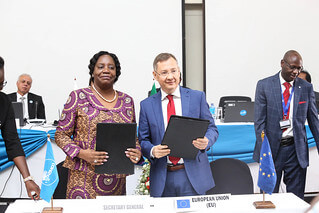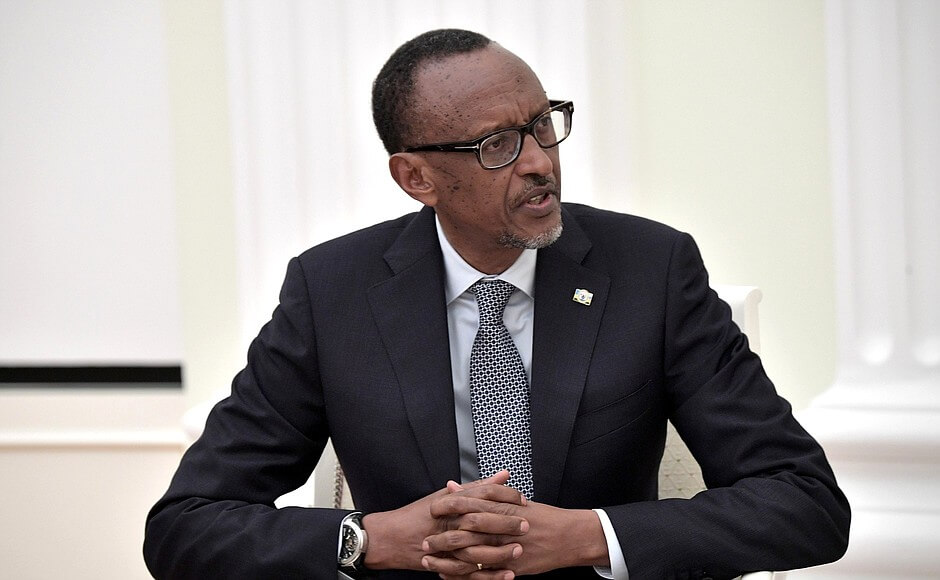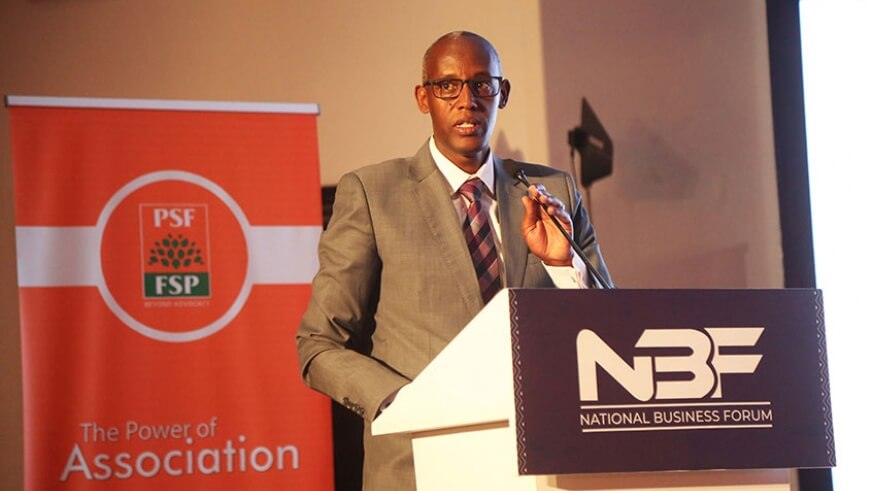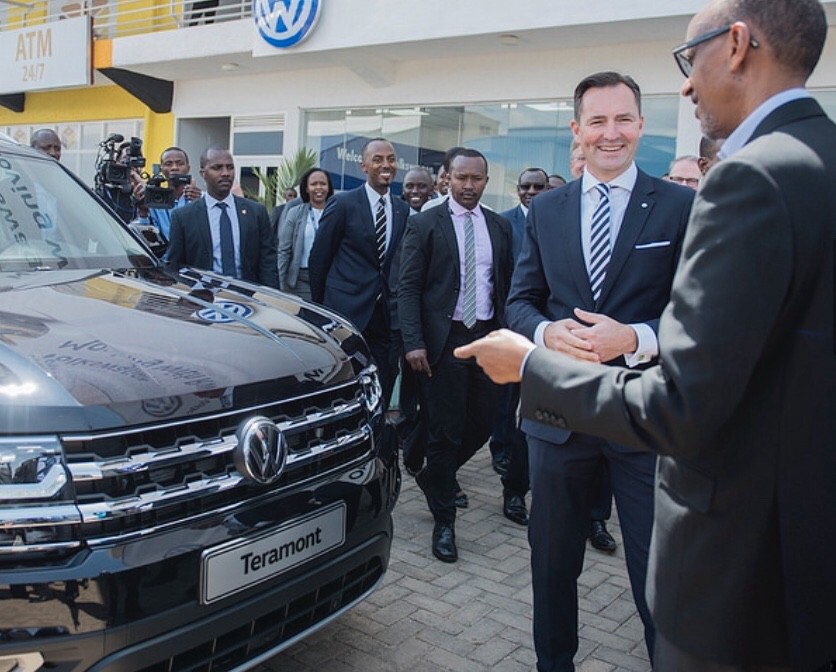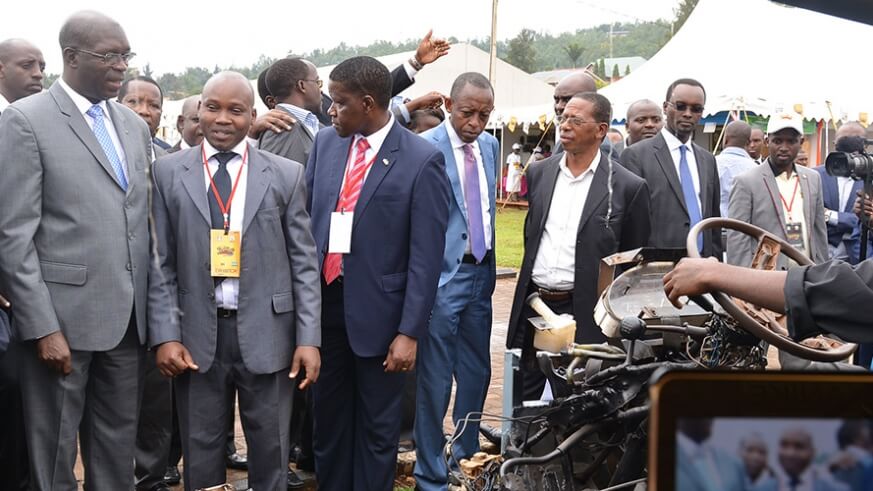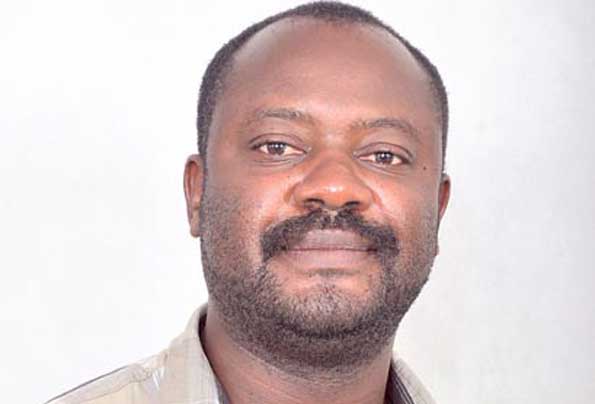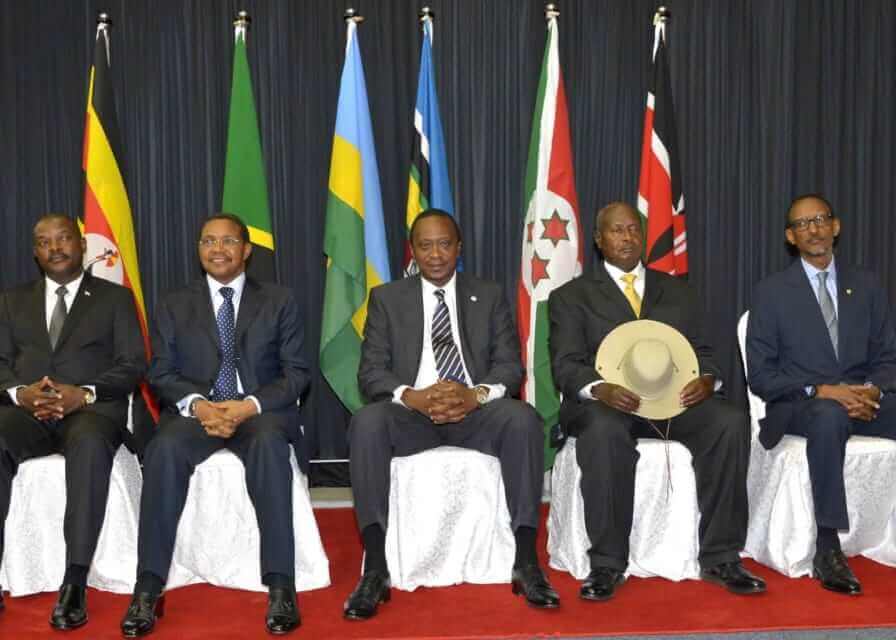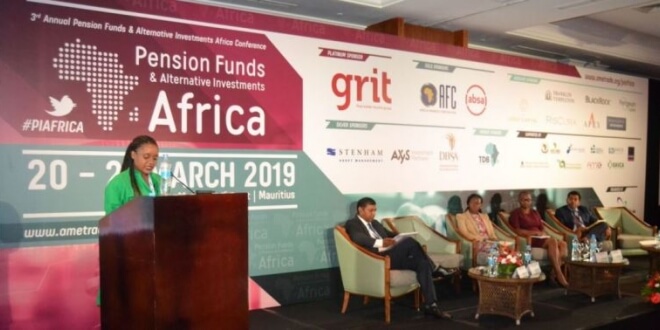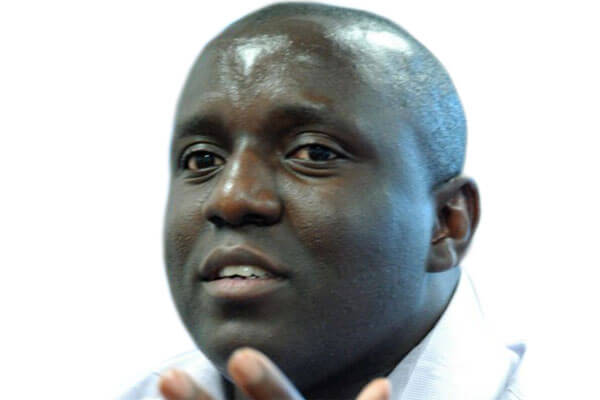The government of Rwanda has secured funding from the Netherlands to finance the development of four ports at Lake Kivu, with the aim of increasing maritime transport, trade and tourism. According to the agreement, the Netherlands will co-finance 45% of the construction of the ports and their facilities. Development of the port will be done with the support of TradeMark Africa who is financing 50% of the project while the government will finance the remaining 5%. The US $24m project will be built in the four districts of Rubavu (Nyamyumba), Rusizi (Bugiki), Karongi (at the Karongi cross-border market), and Rutsiro (Nkora region). They are projected to be operational by 2022. The Rwanda Transport Development Agency (RTDA) said that there will be three major ports with a capacity of about 1.5 million passengers per year, projected to reach 2.8 million by 2036. A smaller port, the fourth planned port, in Karongi District will start with a capacity of about 300,000 passengers per year by 2020 and 400,000 passengers by 2036. Development of port infrastructure Rose Rutera, Transport Division Manager at RTDA, said that procurement of the first two ports (Rubavu and Rusizi) is at the final stage while the procurement for the remaining two ports (Nkora and Karongi) will start Early 2020. “Port development is prerequisite of the overall maritime transport initiatives, which will be followed by the development and operation of ferry services on Lake Kivu. At the moment, we don’t have good infrastructure from where we dock our boats....
Rwanda secures funding to develop four ports on Lake Kivu
Posted on: December 9, 2019
Posted on: December 9, 2019


